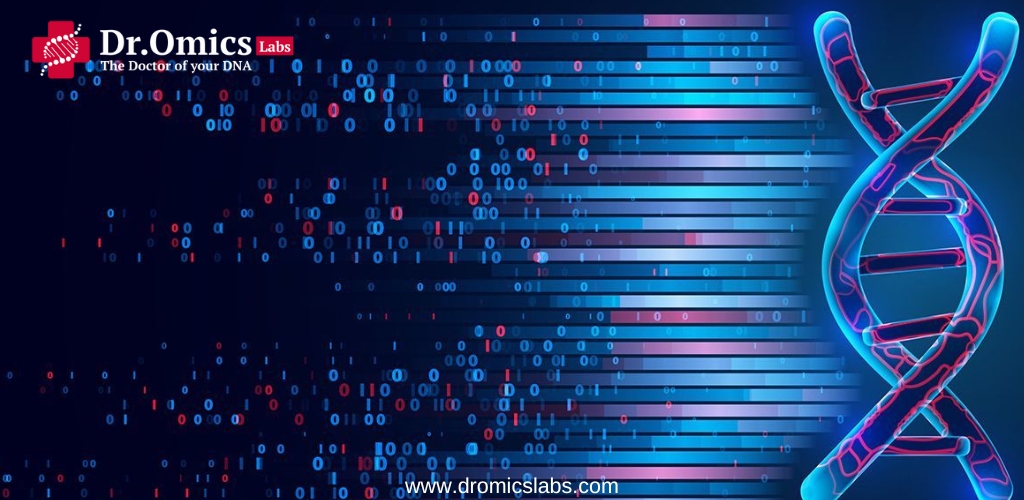In the era of big data, where vast amounts of information are generated daily, one area that has seen significant advancements is genome sequencing. This scientific breakthrough has revolutionized the field of genomics, enabling researchers to explore the intricacies of DNA and unlock its secrets. Deep learning, an advanced branch of artificial intelligence, has emerged as a powerful tool in genome sequencing, providing new avenues for the analysis and understanding of genetic data.
What is Genome Sequencing?
Genome sequencing is the process of determining the complete DNA sequence of an organism. DNA, the blueprint of life, contains all the information required for an organism to function, develop, and grow. By decoding the sequence of nucleotide bases that make up DNA, scientists can uncover valuable insights about an organism’s genetic makeup and potential predispositions to certain diseases or traits.
Traditionally, genome sequencing involved laborious and time-consuming methods, often requiring large teams of scientists and substantial resources. However, recent advancements in technology have made genome sequencing faster, more accurate, and less expensive. This has paved the way for groundbreaking discoveries in various fields including personalized medicine, biotechnology, and evolutionary biology.
The Power of Deep Learning in Genome Sequencing
Deep learning, a branch of machine learning, employs artificial neural networks to learn patterns and structures from large datasets. By using multiple layers of interconnected nodes, deep learning models can process complex information and make accurate predictions or classifications. This makes them ideal for analyzing the vast amounts of genetic data generated through genome sequencing.
1. Improved Accuracy in Genetic Variant Calling
One of the primary applications of deep learning in genome sequencing is improving the accuracy of genetic variant calling. Genetic variants are differences in DNA sequences among individuals or populations that can contribute to various diseases or unique traits. Deep learning algorithms can be trained on labeled genomic data to identify these variants more precisely than traditional approaches. By reducing false positives and negatives, deep learning models hold great promise in identifying disease-causing mutations and improving diagnoses.
2. Uncovering Non-Coding Regions and Regulatory Elements
Deep learning algorithms can also be used to analyze the non-coding regions of the genome, which were once considered “junk DNA” as they do not code for proteins. However, we now know that these regions play a crucial role in regulating gene expression and controlling various biological processes. Deep learning models can uncover hidden patterns within these non-coding regions, helping researchers understand their functional significance and potential implications in diseases.
3. Accurate Prediction of Protein Structures and Functions
Deciphering the three-dimensional structures of proteins and understanding their functions is essential in drug discovery and personalized medicine. Deep learning models trained on large protein databases have showcased remarkable accuracy in predicting protein structures from their amino acid sequences, surpassing previous computational approaches. This breakthrough has tremendous implications for designing target-specific drugs and developing personalized treatment plans.
4. Advancing Precision Medicine
With the help of deep learning techniques, the field of precision medicine is rapidly progressing. Precision medicine aims to tailor medical treatments and interventions based on an individual’s unique genetic makeup. Deep learning models can analyze a patient’s genome and identify genetic markers that are predictive of a particular disease or response to a specific treatment. This enables healthcare providers to make more informed decisions, resulting in improved patient outcomes and reduced healthcare costs.
Conclusion
Deep learning has emerged as a powerful tool in genome sequencing, revolutionizing the field of genomics. Through its applications in accurate variant calling, uncovering non-coding regions, predicting protein structures, and advancing precision medicine, deep learning is enabling researchers to unravel the mysteries of DNA. As advancements in data availability and computational power continue, deep learning will undoubtedly play a pivotal role in furthering our understanding of the human genome and its implications in various aspects of life.





Very good blog you have here but I was curious about if you knew of any user discussion forums that
cover the same topics discussed in this article?
I’d really love to be a part of group where I can get feedback from other experienced people that share the same interest.
If you have any suggestions, please let me know.
Cheers!
Appreciate the recommendation. Will try it out.
That is a good tip especially to those new to the blogosphere.
Short but very accurate info… Many thanks for sharing this one.
A must read article!